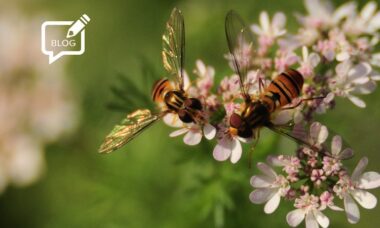 CBD companies that produce oil are, generally, likely in better shape than many other consumer packaged good companies. The typical glass bottle container for a CBD oil automatically places it near the top in terms of recyclability. With just a few precautions and modifications, a company can quickly ensure the vast majority of its oil product packaging is completely recyclable.
CBD companies that produce oil are, generally, likely in better shape than many other consumer packaged good companies. The typical glass bottle container for a CBD oil automatically places it near the top in terms of recyclability. With just a few precautions and modifications, a company can quickly ensure the vast majority of its oil product packaging is completely recyclable.
But moving into other product categories, issues start to creep in. Capsules and many ingestibles will be mixed in terms of packaging recyclability. But this has been an ongoing issue for ages and is hardly unique to CBD. Many, many companies are offering various sustainability solutions for all aspects of this area.
It is perhaps in the more niche product categories where interesting things are starting to happen. Vaping – particularly in European markets – is expecting a whole sustainability shake-up in the next few years. European authorities are already discussing how sustainability could be improved in batteries. Proposals governing end-of-life are underway and a report is due in five years on whether disposable vaping products should be banned entirely as part of a move to address non-rechargeable battery-powered devices where alternatives exist.
Some companies in the vaping sector are also already starting to make their own sustainability moves such as building hardware, disposables and cartridges from biodegradable plastic and improving potential end-of-life disassembly to aid in recycling and recovery of components.
There are also moves to deal with waste butts from things like pre-rolls and hemp cigarettes. One Detroit company has started to add beeswax and wildflower seeds to its cannabis pre-roll butts. This means that rather than contribute to waste, the butts should break down and leave a hardy bee-friendly wildflower growing if thrown onto soil. It is perhaps not an ideal solution – it does not deal with the chemicals often found in discarded butts (more of an issue for tobacco product butts, but still something to consider in the cannabinoid industries) and could conceivably be said to encourage people to discard ends rather than dispose of them properly in waste receptacles.
It does however show that companies are constantly thinking of sustainability and working towards new possible solutions. It does help that hemp is generally considered a pretty “green” crop. It requires a decent amount of water but is considered to be a carbon trap and – as some have found to their chagrin – it is capable of cleaning contaminated soil by drawing in pollutants through a process called phytoremediation.
So CBD is already working from a higher base than many consumer products on the market. But that does not mean there is nothing else to be done. And as first consumer interest and now government regulation starts to push towards greater sustainability, the time to act is rapidly approaching.
– Freddie Dawson CBD-Intel staff
Photo: Adnan Mirza
- Are regulatory aspects and sustainability important for your business? You can download a free sample of our regulatory report “New Zealand: CBD and cannabis regulation” using the form at the top of this page.






